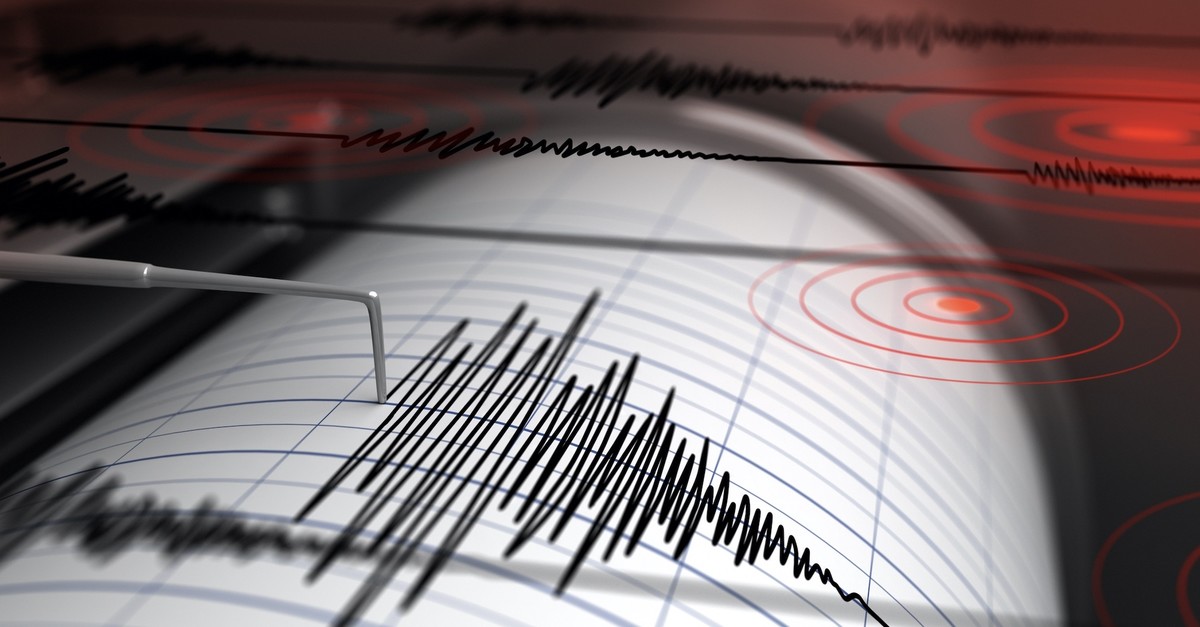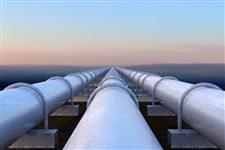
Seismic Activity Detected Near Baltic Sea Pipeline Break Raises Questions
Posted 16/10/2023 11:26
Seismologists from the Nordic and Baltic regions have reported the detection of blast-like waves in the vicinity of a ruptured Baltic Sea gas pipeline. The incident, which occurred on Sunday, has raised concerns about the pipeline's integrity and potential deliberate damage, although it remains unclear whether explosives were involved. The pipeline, known as Balticconnector, is operated by state-run companies in Finland and Estonia. While authorities suspect "mechanical force" as the cause, the presence of seismic signals resembling an explosion has triggered further investigations.
NORSAR, the Norwegian seismology institute, conducted an analysis based on data collected in Finland. Their findings indicated a "probable explosion" occurring near the pipeline at 0120 EET on Sunday (2220 GMT Saturday), coinciding with Gasgrid's statement of pressure loss before 0200 EET. Seismic signals following explosions typically exhibit distinctive characteristics different from earthquake-induced seismic activity. Nevertheless, the exact cause of the explosion remains undetermined.
While the seismic signals point to an explosion, the precise cause requires further investigation. Some speculation has arisen about the possibility of a ship damaging the pipeline, leading to a subsequent explosion. The Finnish National Bureau of Investigation noted external marks on the seabed beside the pipeline and is reviewing vessel movements, acknowledging anchor damage as a potential factor. Although mechanical damage seems the likeliest cause, authorities have not ruled out the possibility of an explosion.
The seismic signal detected in this incident had a magnitude of approximately 1, making it considerably weaker than minor earthquakes or the larger explosions that damaged the Nord Stream gas pipelines in the past year. These incidents recorded a magnitude of 2.3, according to NORSAR. The analysis of the data involved separating the seismic waves from background noise, which was further complicated by stormy weather conditions in the Gulf of Finland, located eastward into Russian waters.
Experts in seismology have offered their perspectives on the data. Bjorn Lund from the University of Uppsala in Sweden highlighted that the seismic signal likely originated in the Gulf of Finland and exhibited characteristics suggesting it could be a blast. Seismologist Jari Kortstrom at the University of Helsinki echoed this sentiment, considering the data as potentially indicating an explosion. Estonian seismologist Heidi Soosalu proposed that the signals likely pointed to a "man-made event."
The 2022 explosions that damaged the Nord Stream gas pipelines beneath the Baltic Sea between Russia and Germany were determined to be deliberate acts of sabotage. Notably, the seismic signal from Sunday's incident was located less than five kilometers from Nord Stream, raising concerns about the potential impact on this nearby infrastructure.
The detection of seismic signals near the damaged Baltic Sea gas pipeline has raised questions and concerns among experts. While the incident's cause remains uncertain, authorities and seismologists are actively investigating the matter. The proximity of the event to the Nord Stream pipelines underscores the importance of understanding the origins of this seismic activity.








